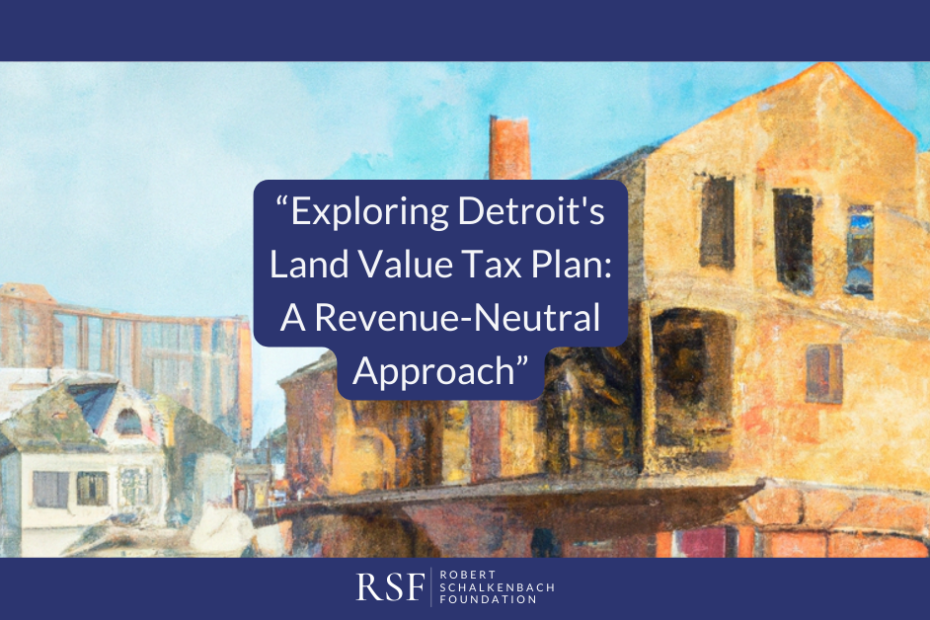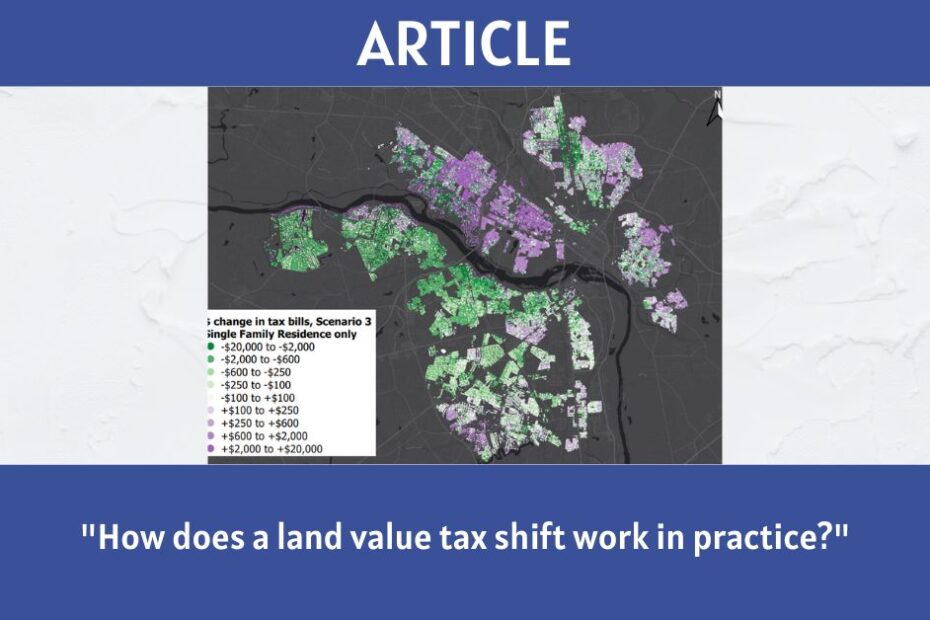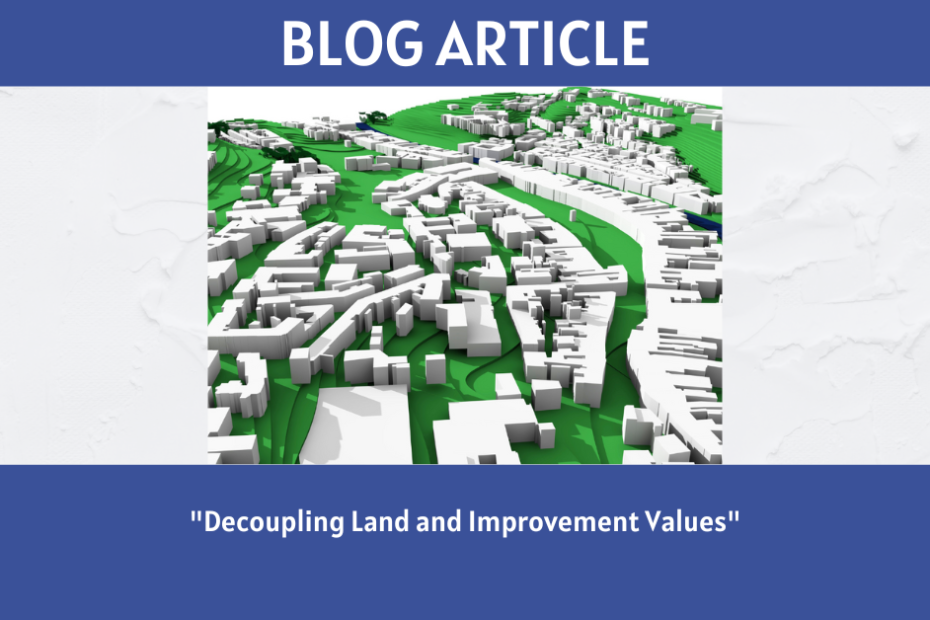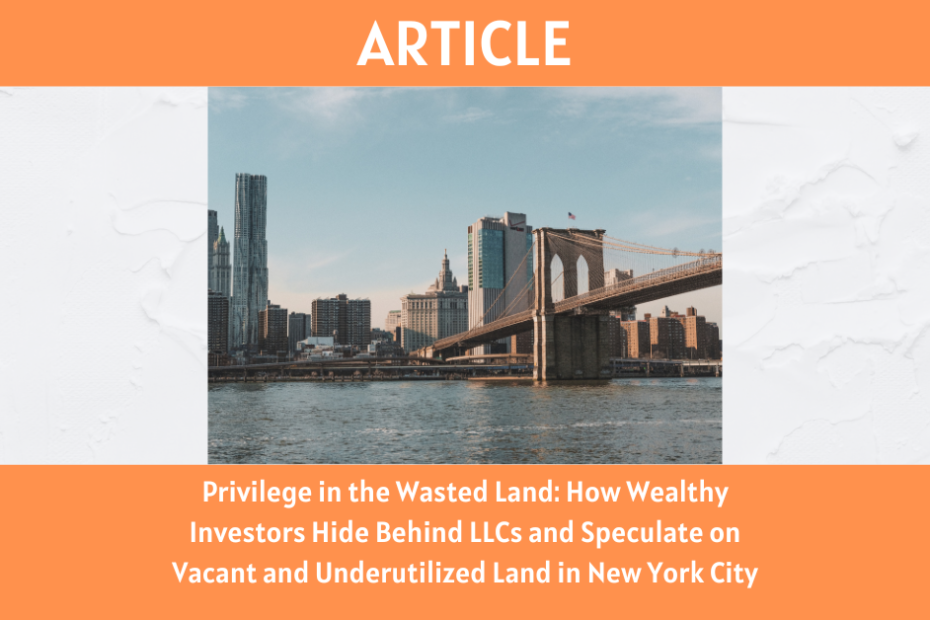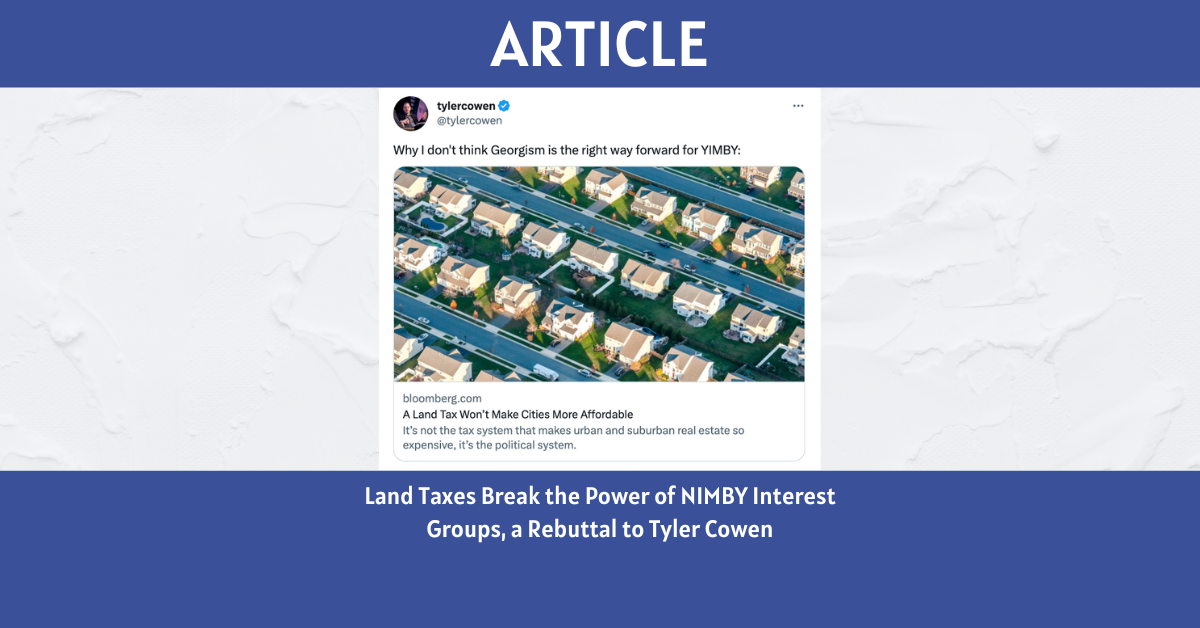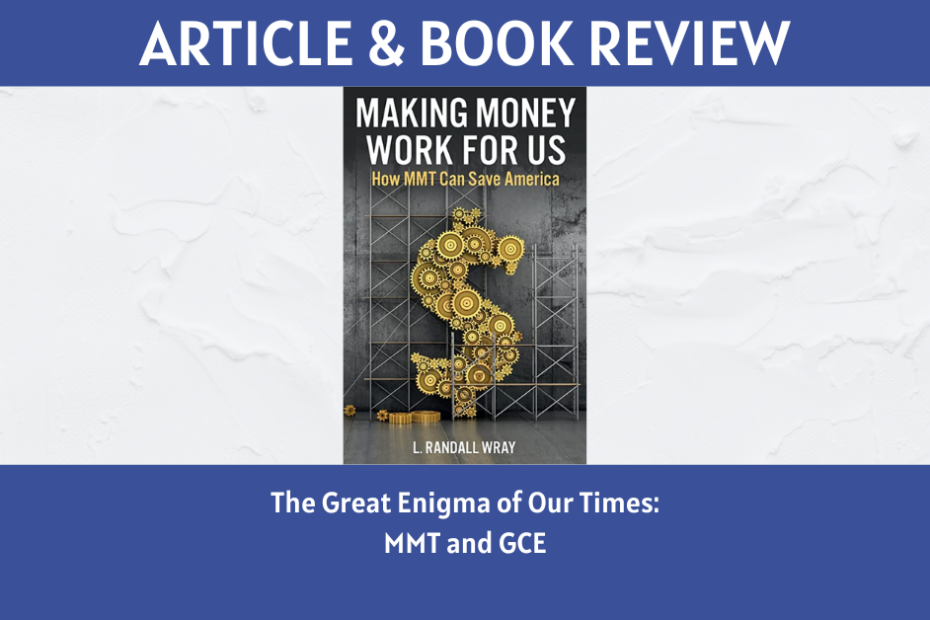Exploring Detroit’s Land Value Tax Plan: A Revenue-Neutral Approach
Building on the lessons of the roughly 20 Pennsylvania municipalities and school districts that have made use of Land Value Taxes (LVT), Detroit’s Mayor Duggan introduced a proposal to bring the policy to his City in May 2023, during the Mackinac Policy Conference. This plan,… Read More »Exploring Detroit’s Land Value Tax Plan: A Revenue-Neutral Approach

